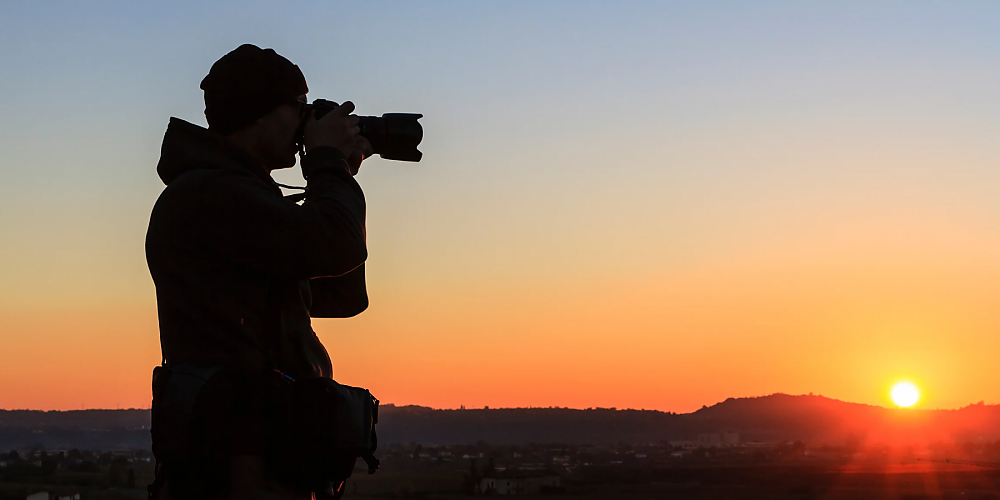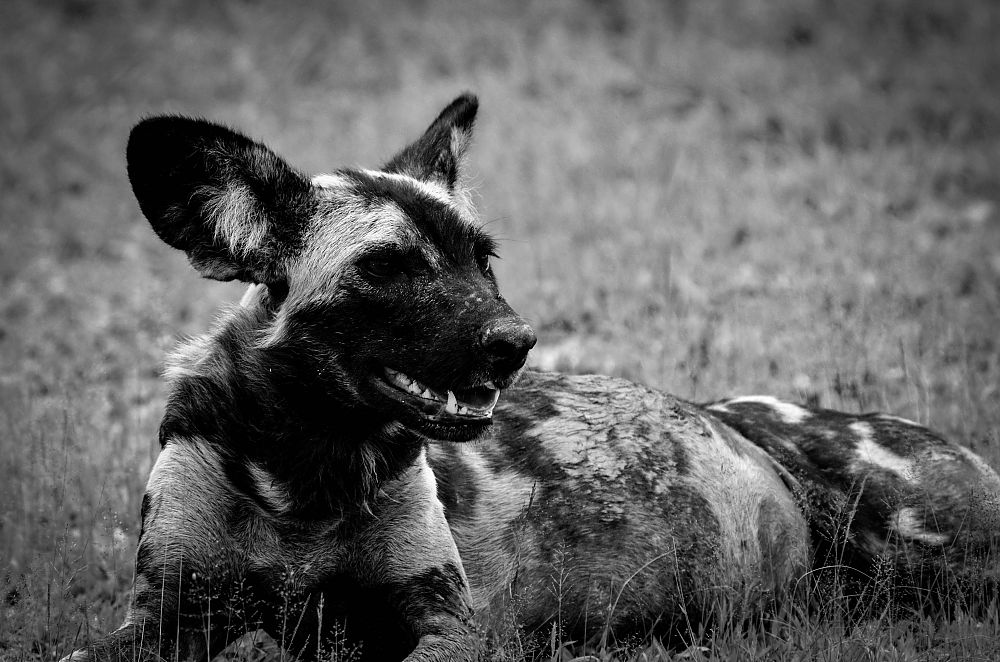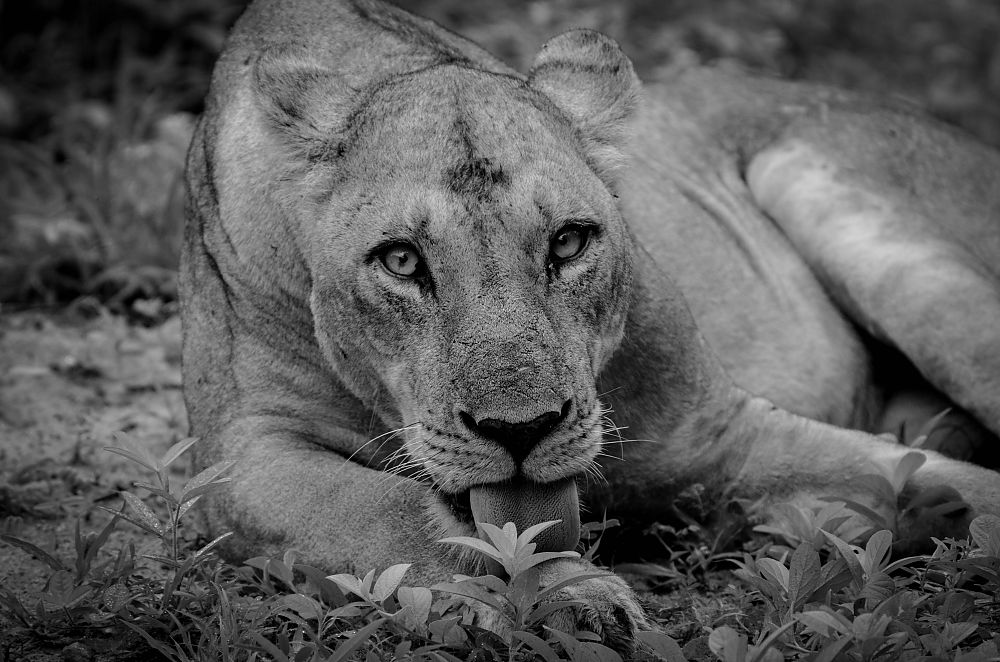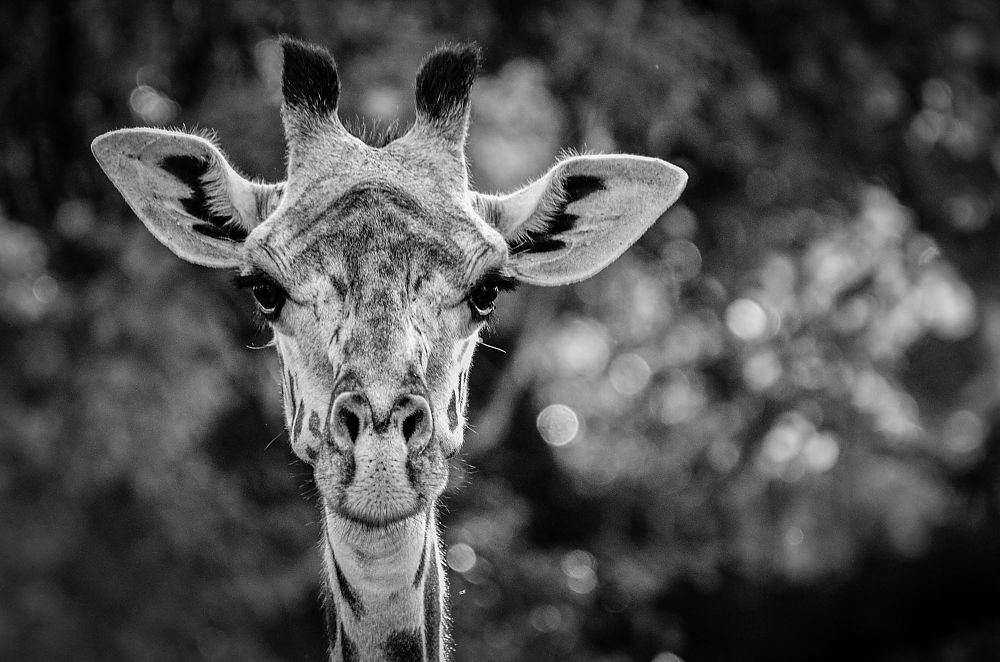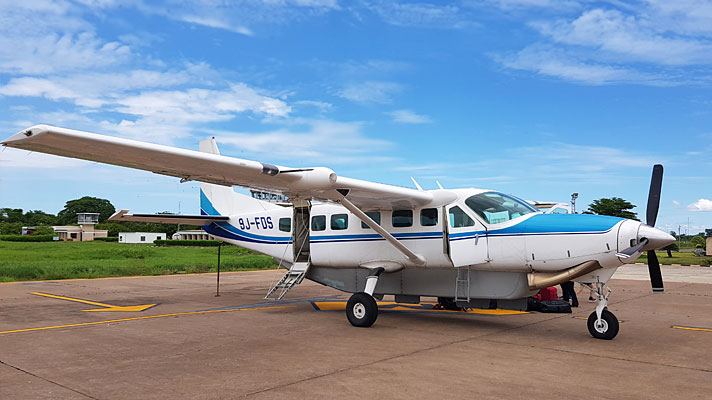Nature photography is
a genre of photography that focuses on capturing images of the natural world,
including landscapes, wildlife, plants, and other elements of nature. The
primary goal of nature photography is to convey the beauty, diversity, and
wonder of the natural environment through visually compelling images.
Nature photographers often venture into natural settings, such as forests, mountains, deserts, or underwater environments, to capture unique and captivating moments. They may spend hours or even days waiting for the perfect lighting conditions, the right wildlife behaviour, or a stunning natural phenomenon.
Nature photography can encompass various sub-genres, such as landscape photography, wildlife photography, macro photography (close-up shots of small subjects like flowers or insects), and underwater photography. Each sub-genre requires different techniques, equipment, and approaches to capture the essence and details of the subject.
In addition to aesthetics, nature photography can also serve conservation and educational purposes. By showcasing the beauty and fragility of the natural world, photographers aim to raise awareness about environmental issues, promote appreciation for nature, and inspire people to protect and conserve our planet's ecosystems.
With the advancements in digital photography and social media, nature photography has gained popularity, allowing photographers to share their work with a wider audience and contribute to the collective understanding and admiration of nature's wonders.
Here are some tips to enhance your nature photography skills:
- Research and Plan: Before heading out, research your location and subjects. Understand the best times of day for lighting, weather conditions, and the behaviour of the wildlife or natural phenomena you want to capture. Planning ahead will increase your chances of capturing exceptional shots.
- Use the Right Equipment: Invest in a good quality camera and lenses suitable for nature photography. A telephoto lens is ideal for wildlife photography, while a wide-angle lens is great for capturing expansive landscapes. Tripods, filters, and other accessories can also enhance your photography.
- Understand Composition: Composition plays a crucial role in creating compelling nature photographs. Familiarise yourself with the rule of thirds, leading lines, and other composition techniques to create visually appealing and balanced images. Experiment with different angles and perspectives to add depth and interest to your shots.
- Utilise Natural Light: Lighting is key in nature photography. Golden hour, which occurs during the first and last hours of daylight, offers soft, warm light that can enhance the beauty of your subjects. Avoid shooting in harsh midday sunlight as it can create harsh shadows and overexposure.
- Patience and Observation: Nature photography requires patience and observation. Spend time observing your subjects, their behaviour, and the surrounding environment. This will enable you to anticipate and capture unique moments and interactions.
- Capture Details: Don't just focus on grand landscapes; pay attention to small details as well. Macro photography can reveal intricate patterns, textures, and colours in flowers, insects, or other small subjects. This adds variety and interest to your portfolio.
- Be Respectful of Nature: Remember to prioritise the well-being of your subjects and their habitats. Maintain a safe distance from wildlife to avoid causing distress or disturbance. Leave no trace and follow ethical practices to protect the environment.
- Post-Processing: Post-processing can enhance your nature photographs. Use photo editing software to adjust exposure, contrast, colours, and sharpness. However, strive to maintain a natural look and avoid excessive editing that may distort the original scene.
- Learn from Others: Study the work of accomplished nature photographers for inspiration and learning. Join photography communities, workshops, or courses to gain insights, share experiences, and receive feedback on your work.
- Experiment and Have Fun: Nature photography is a creative endeavor, so don't be afraid to experiment with different techniques, compositions, and styles. Embrace the joy of exploration and allow your unique vision to shine through your photographs.
Remember, practice is key to improving your skills. Explore different natural settings, embrace challenges, and continue learning to grow as a nature photographer. Happy shooting!

